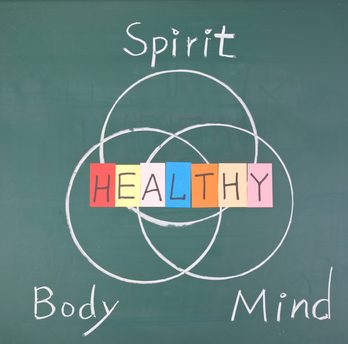Getting the support you need:
Creating a strong support system for yourself is crucial. In fact, it is important for EVERYONE, whether or not they have a chronic illness. Connection is our reason for living.
I choose to look at my illness as a gift that helped me to create new and stronger connections with the people around me.
Opening yourself up to others can be difficult; being vulnerable is hard. (I highly recommend checking out the work of Brené Brown around vulnerability.) Start by opening up to people you know and trust, those who have earned the right to see your heart. (If there isn’t anyone like that in your life, read on for other ideas.) Let them know that it is hard for you to talk about your diagnosis, but you really want their support.
When you do ask someone else for support around your illness/diagnosis, be sure to let them know what you need from them. Be as specific as you can be. This might just mean you tell them you don’t know what you want or need from them yet, but will they please just listen without judgment or comment? Or just sit with you. Or tell you jokes. Whatever it is you need from them in that moment.
If you want advice, ask for it. If you don’t want advice, make it clear in a polite way. If you need them to watch the kids while you go to the doctor/counseling/yoga class/hiking/etc., ask for that. If you need help grocery shopping, ask. If you need someone to help you research treatments or find a practitioner, then ask for that. People aren’t mind readers, but they are usually willing to do what you want when you ask them specifically.
Now is not the time to play the martyr or act like you are an island of self-sufficiency. Asking for help is NOT a sign of weakness. Make accepting help a practice. You will grow and become a better person, I promise. And you will be a better giver as a result. Brené Brown (I mean it, read her stuff and watch her TED talks) talks about how people are usually so quick to offer help to someone in need, but so reticent to ask for help. This contradiction reveals an inherent judgment in the act of giving. So learn to be a better giver, by learning to receive graciously, okay?
In addition to looking to your immediate network of family and friends for support, I strongly encourage you to get other forms of support, such as a support group. This may be a local group (ask your doctor, check the local paper’s calendar section, or look at meetup.com) or find an online support group, of which many exist for all kinds of conditions. Each of these groups will have its own focus. Check them out carefully. Ask yourself if you really want to hang out with these people, whether in real life or virtually. Be picky: if a group just doesn’t feel right to you for whatever reason, LEAVE it!
Be very careful with who you let into your life. You want to be around positive people, people who are taking action and have good attitudes. The rest will only bring you down. But when you find a good group, it’s golden. You might have the most supportive friends and family in the world, but sometimes you just need to talk to someone who really understands what you are going through, because they themselves have been there.
Consider getting professional support (in addition to your medical team, whether they are allopathic or holistic). A good person to support you as you get used to a “new normal” might be a therapist, a life coach, and/or a health coach. You might benefit greatly from working with someone trained to give just the kind of support you need, ideally someone who understands the challenges you are facing, who will help you construct a plan for improving your situation, and who holds you accountable for the changes you are making.
Who supports you? Hop over to my facebook page and let us know!
Read Part 1 of Dealing with a Diagnosis here. Then read Part 3 and Part 4.

